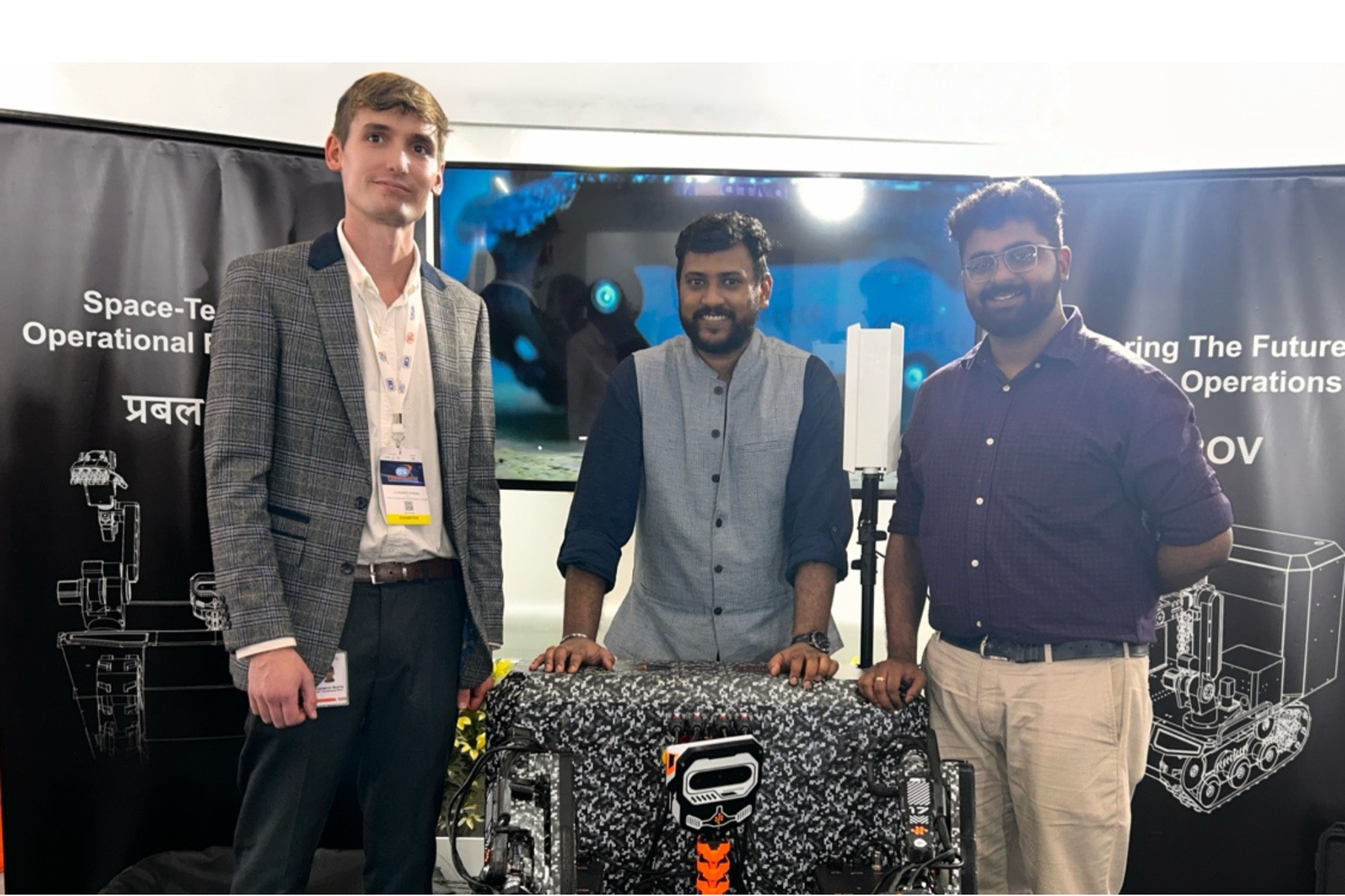Inflection Point Ventures Leads INR 3.2 Cr Seed Round for Assistive Technology Startup Social Hardware The funding will be used to fuel growth and go-to-market (GTM) initiatives, enhance its marketing and sales teams, establish an advanced R&D facility, and expand in-house manufacturing capabilities.
You're reading Entrepreneur India, an international franchise of Entrepreneur Media.

Social Hardware, an innovation startup specialising in assistive devices, bionics, and field robotics, has secured INR 3.2 crore in a seed funding round led by Inflection Point Ventures. Ivyleague Ventures and Soonicorn Ventures also joined the round.
The funding will be used to fuel growth and go-to-market (GTM) initiatives, enhance its marketing and sales teams, establish an advanced R&D facility, and expand in-house manufacturing capabilities.
Founded by Abhit Kumar, Cameron Norris, and Raghavendran Arunachalam, Social Hardware focuses on teleoperated robotic systems designed for hazardous environments. The company's solutions serve key industries such as manufacturing, infrastructure, defense, and aerospace, enhancing safety and operational efficiency in high-risk settings.
Abhit Kumar, CEO and Co-founder, said, "Our technology doesn't replace workers but enhances their capabilities. By enabling remote control of robots, we allow workers to apply their expertise while remaining safe from hazards. Over the last two years, we've made significant advancements in telerobotics, helping industries operate more efficiently and safely. Our solutions, which incorporate augmented reality and gesture-based controls, address outdated practices and mitigate unnecessary risks."
Currently, Social Hardware operates from two locations in Bengaluru, with a team of 17. The startup's production capacity for FY 2024-25 stands at 12 units, with plans to triple it to 36 units by FY26, aiming for a revenue target of INR 24.76 crore.
Vikram Ramasubramanian, Partner at Inflection Point Ventures, added, "Social Hardware addresses a critical need in sectors like manufacturing, defense, and aerospace, where hazardous operations still require human intervention. Their teleoperated robotic systems offer a safer alternative, paving the way for innovation and progress in these sectors."











